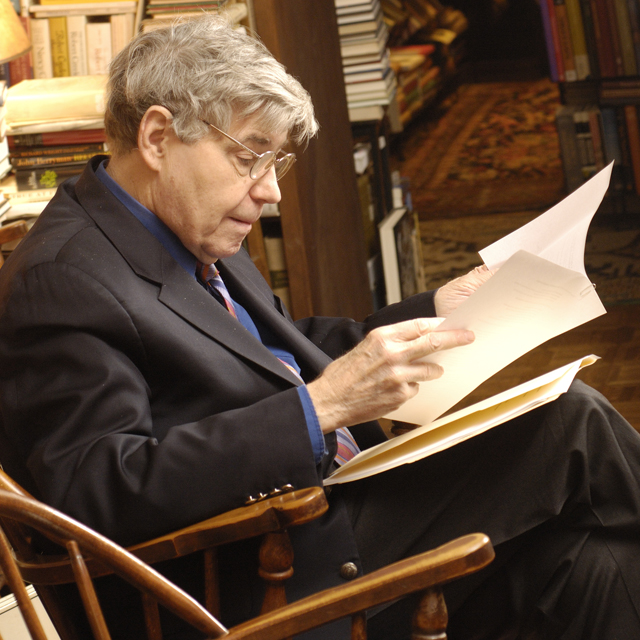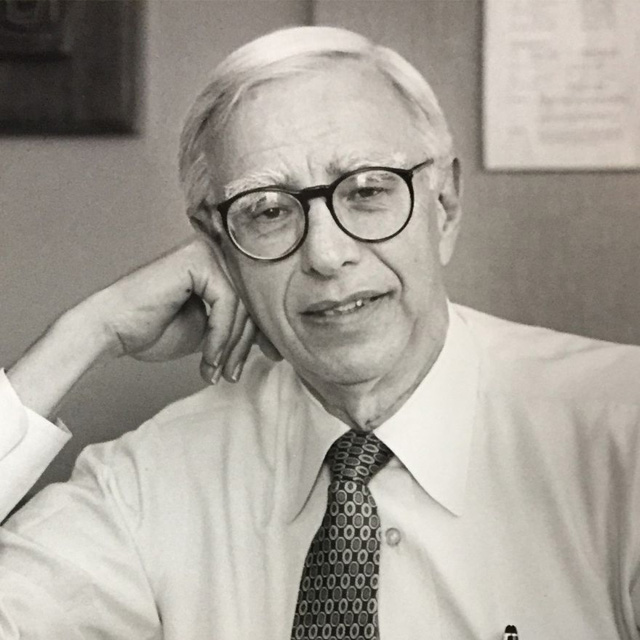An inspirational scientist in both the school of medicine’s Sidney Kimmel Comprehensive Cancer Center and the Bloomberg School of Public Health’s Department of Immunology and Infectious Diseases, where he spent most of his 51-year career at Johns Hopkins, Keerti Shah led an international research team that discovered the link between the human papillomavirus (HPV) and cervical cancer.
The breakthrough, the result of several decades of rigorously controlled case studies and reported in a 1999 Journal of Pathology article, resulted in development of the HPV vaccine, approved for use in 2006. It provides 100 percent protection and is the only vaccine available for a major human cancer — solidifying Shah’s role as among the leading figures in one of the most important and wide-reaching victories in international public health.
Shah died on July 21, 2019, of kidney failure at his home in Ponce Inlet, Florida. He was 90.
Always more interested in advancing his students’ careers than his own, Shah was “a fantastic mentor,” said Diane Griffin, former director of the Department of Molecular Microbiology and Immunology. Shah and his wife of 52 years, Farida Maniar, also a Johns Hopkins researcher, established the Keerti V. Shah Fund in 2007 to support students working on translational research for infectious diseases.
Shah’s achievements were recognized widely. He received the 2001 Diagnostic Virology Award from the Pan American Society for Clinical Virology; the school of public health’s highest honor, the Ernest Lyman Stebbins Medal, in 2004, for his contributions to education; and the Johns Hopkins Alumni Association’s 2016 Global Achievement Award.



